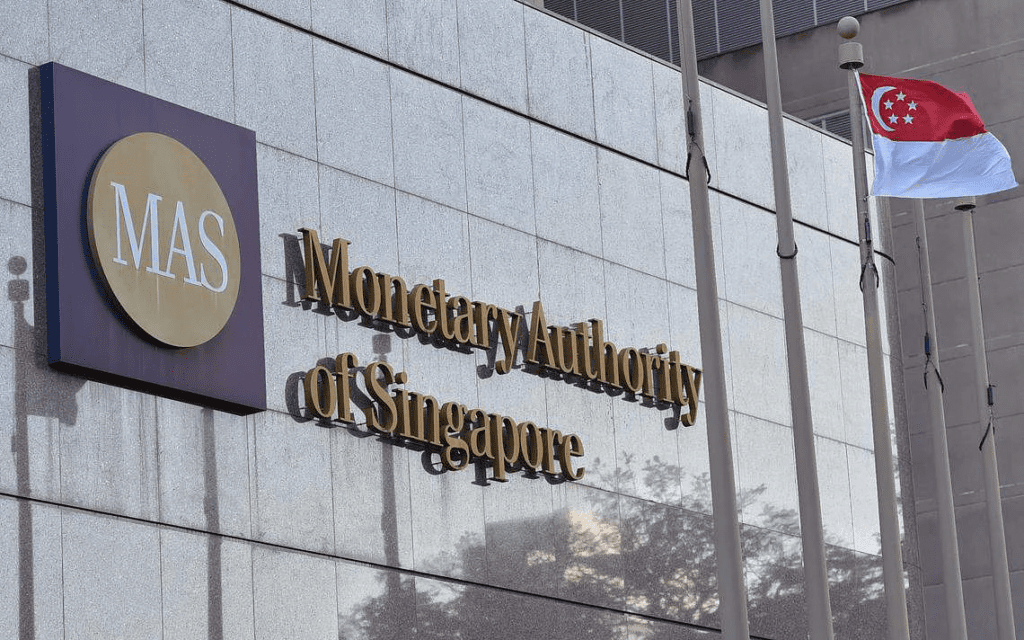The Singapore Monetary Authority (MAS) has suggested a series of new laws to rein in the local crypto sector, beginning with some strict criteria for stablecoin producers.

The guidelines establish capital and reserve criteria for stablecoin issuers, which are cryptocurrencies that retain their value against fiat currencies or assets such as gold. The regulations also prohibit issuers from engaging in other activities that bring extra risks, such as lending or staking, which allows users to lock their cryptocurrency and earn income.
The ideas are part of a consultation paper produced by MAS as the country’s crypto regulatory system is tightened further. The regulations come following the failure of many high-profile cryptocurrency startups this year, including Three Arrows Capital and Celsius. Several more, like Vauld, Zipmex, and Hodlnaut, are undergoing legal reorganization in Singapore.
The regulator advised consumers that trading with credit or leverage might result in losses that exceed the amount invested. It seeks to prohibit cryptocurrency service providers from offering debt-financed and leveraged crypto trading, including credit card trading.

According to the paper:
“MAS will adopt a risk-focused approach to regulating the digital asset ecosystem. To facilitate innovation in digital assets, regulations need to be clear and proportionate to the risks posed. These regulations should be periodically reviewed to ensure that they remain relevant, given the pace of innovation.”
Other suggested measures by the SEC include prohibiting crypto service providers from giving retail clients incentives like free trading credits or tokens. This might include airdrops and free token distributions by a company to a specific group of users.
MAS is also considering prohibiting crypto service providers from lending out tokens issued to retail users. The MAS wants stablecoin issuers to at least equal their reserves to the value of the crypto in circulation.

The proposed regulations also seek to create a basic capital requirement of one million Singapore dollars (about $709,000) or six months’ operational expenditures.
To reduce the risk of overleveraging, which contributed to the collapse of several lenders in the space, the MAS wants stablecoin issuers to refrain from providing other non-issuance services such as lending, staking, and trading. However, companies could still engage in these activities through a separate related entity in which the issuer does not have a stake.
The consultation papers will be accessible for input until December 21, when final guidelines will be established. Crypto firms will have six to nine months to comply with the requirements.
DISCLAIMER: The Information on this website is provided as general market commentary and does not constitute investment advice. We encourage you to do your own research before investing.
Join us to keep track of news: https://linktr.ee/coincu
Website: coincu.com
Harold
CoinCu News






















